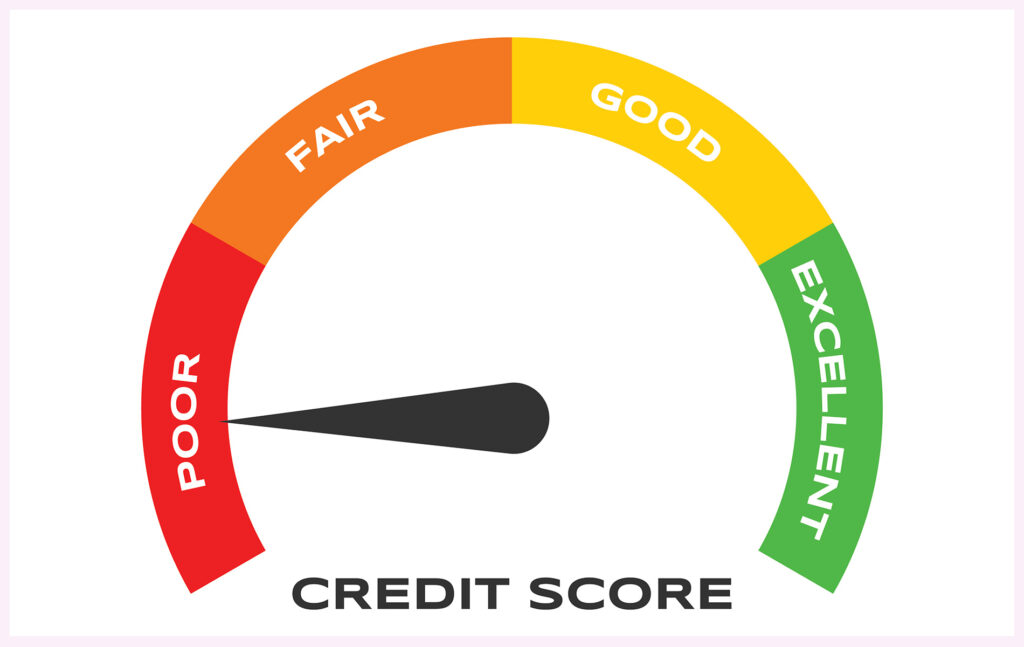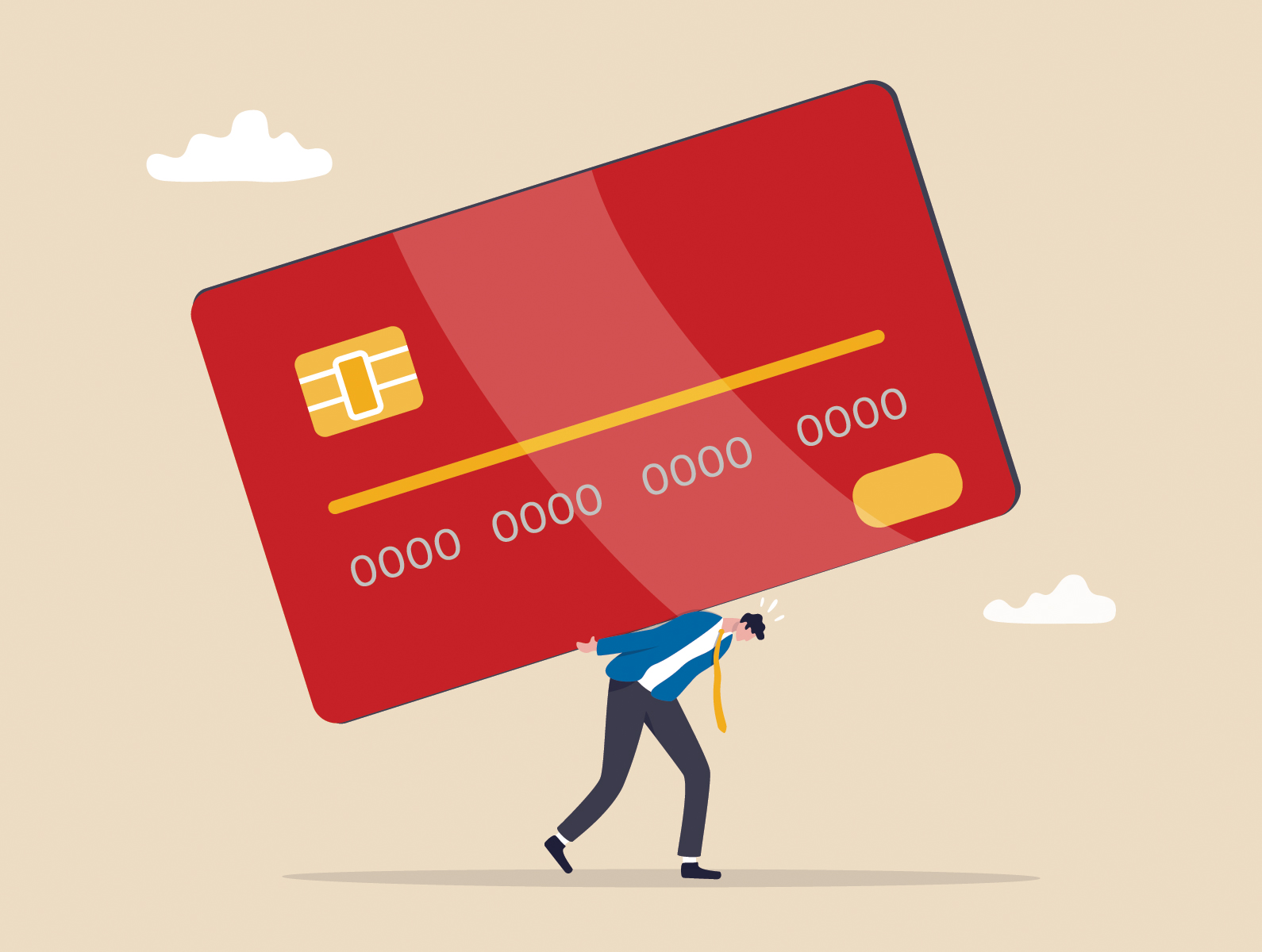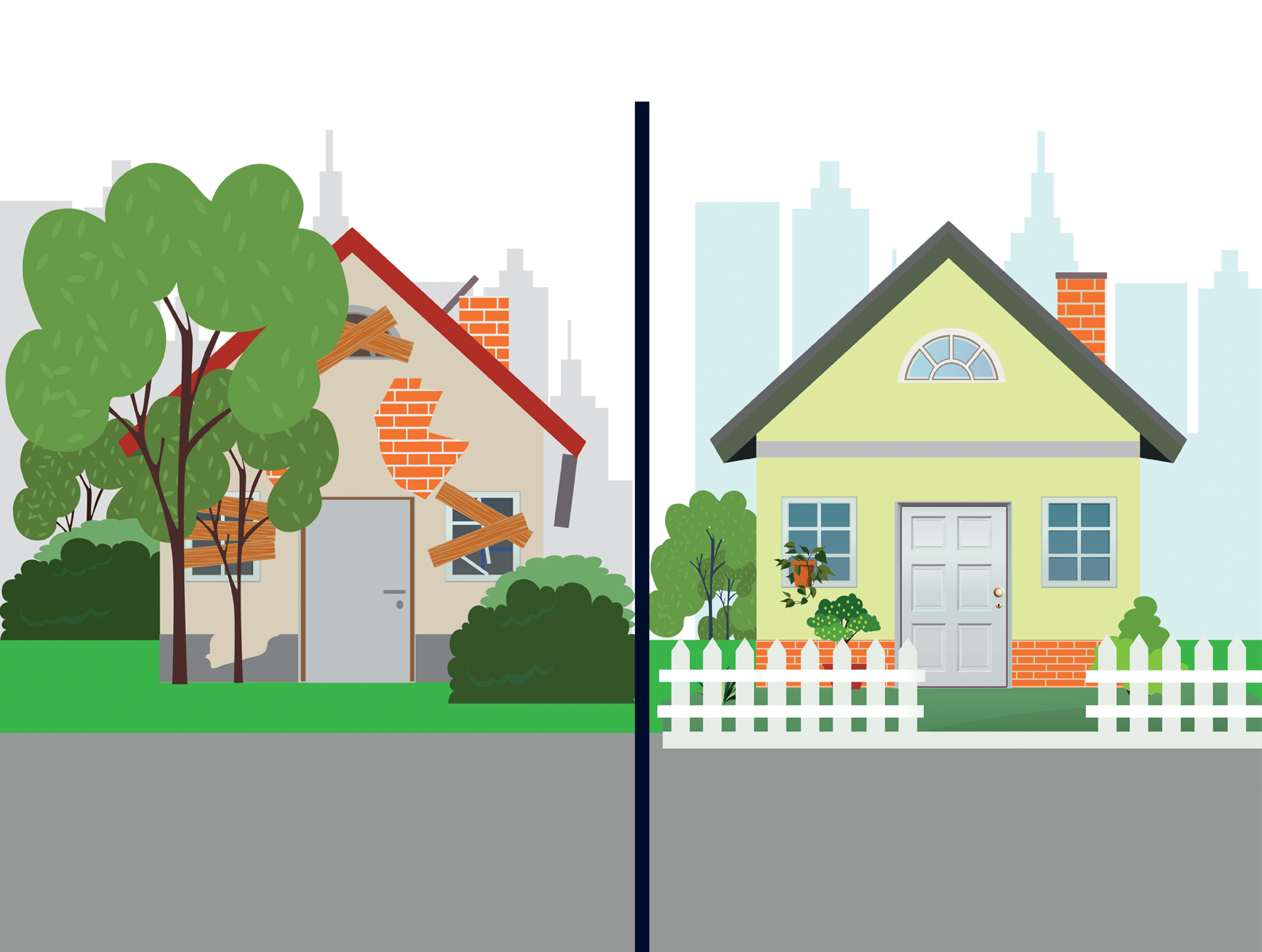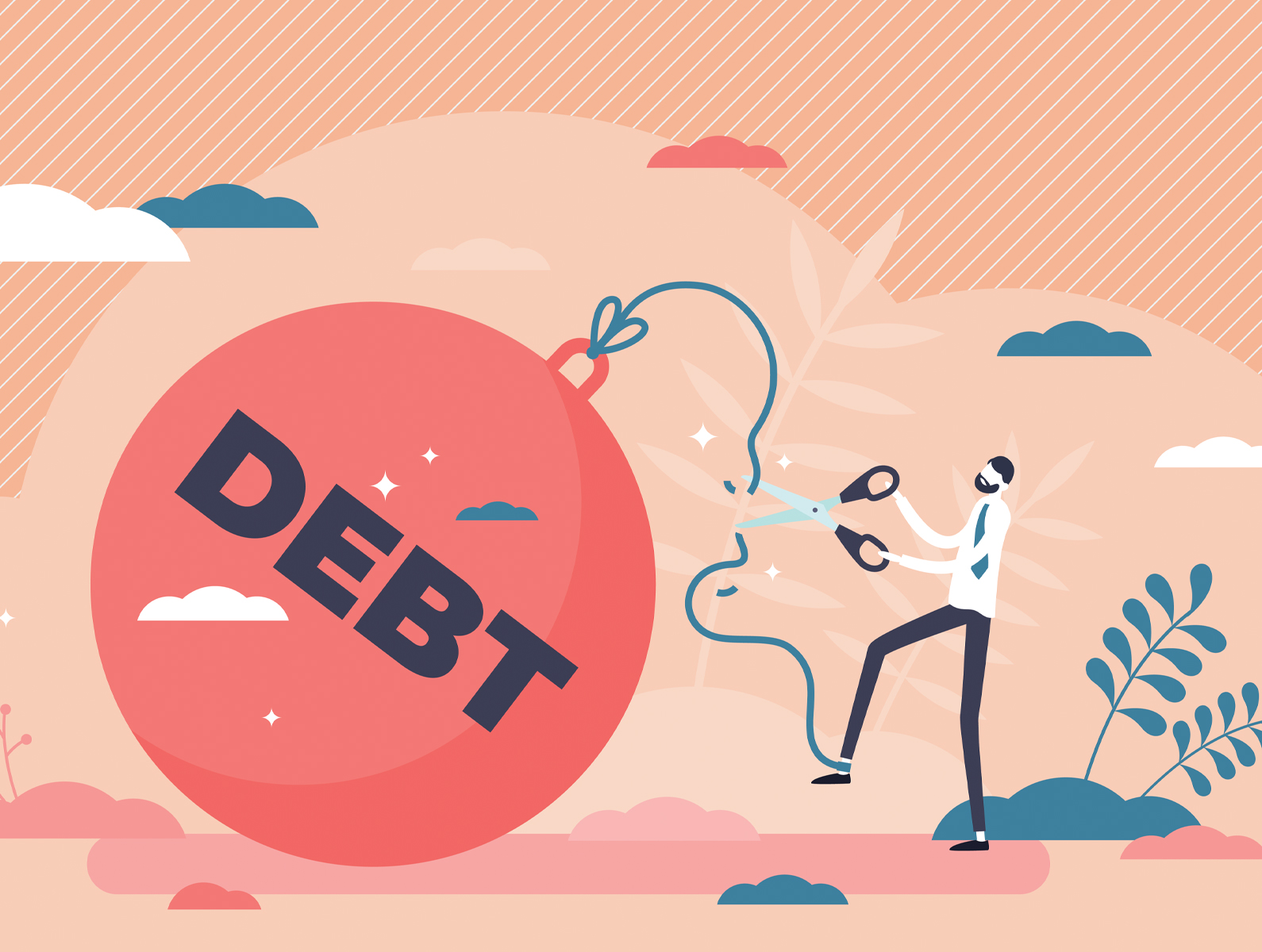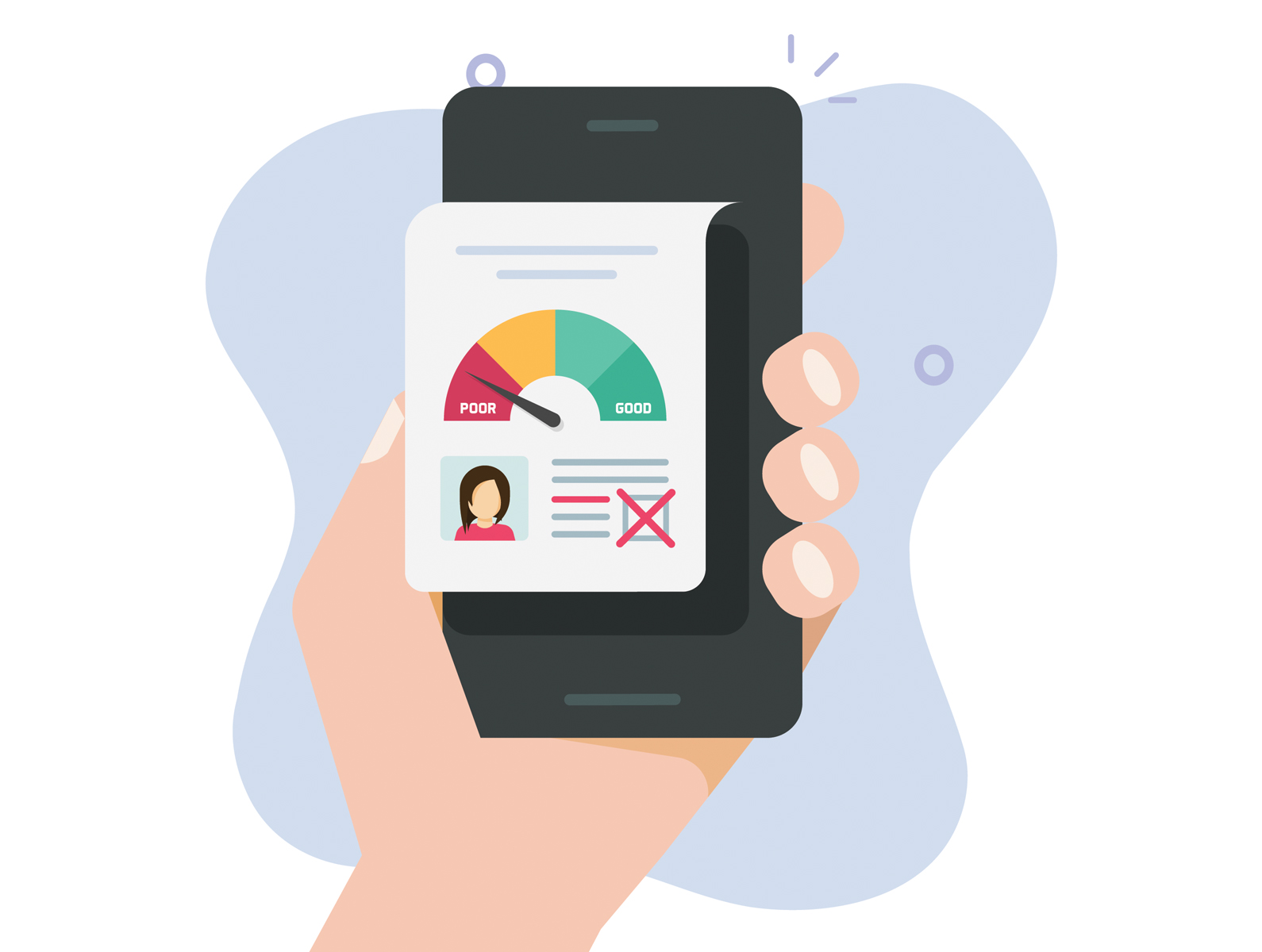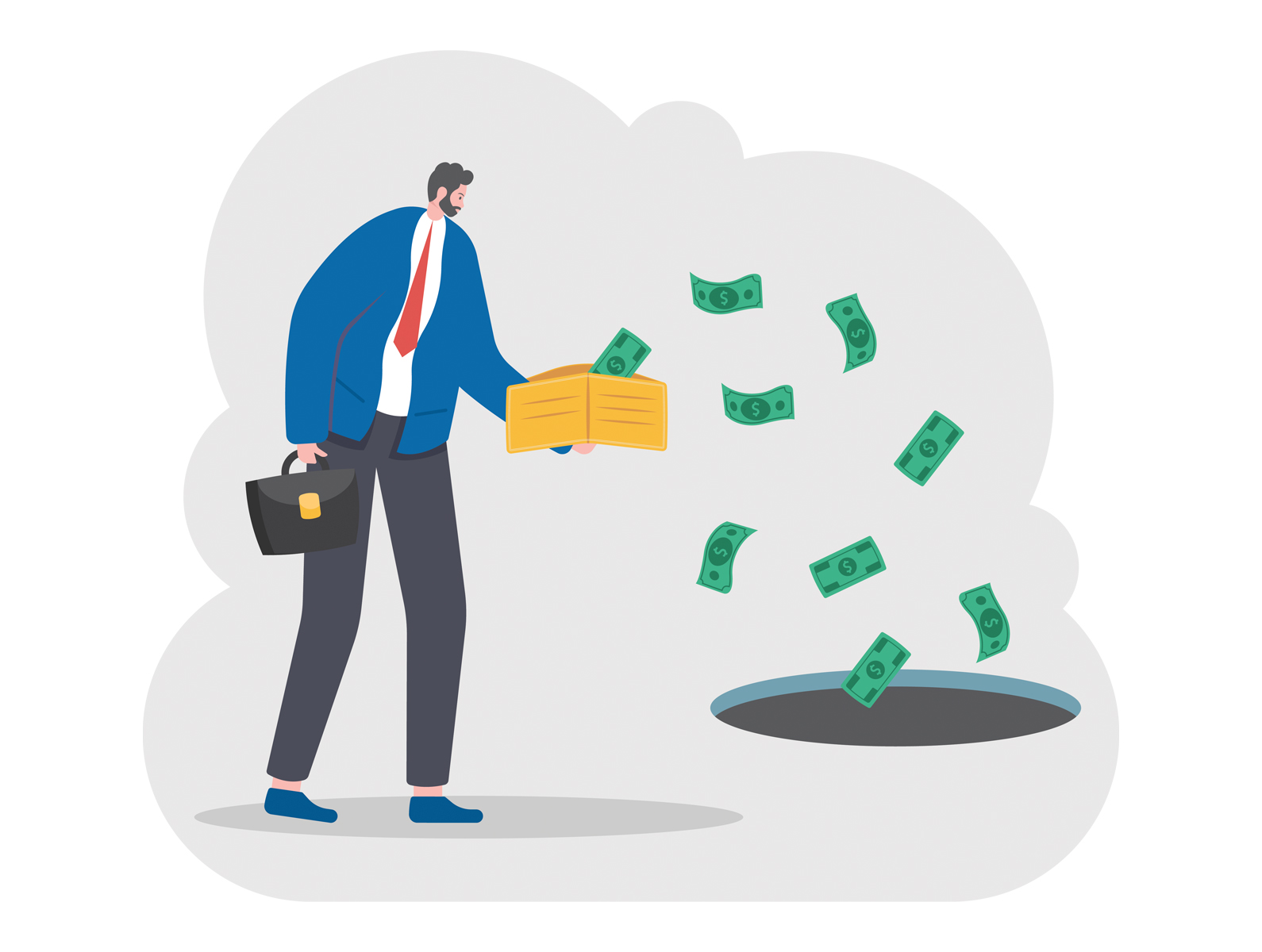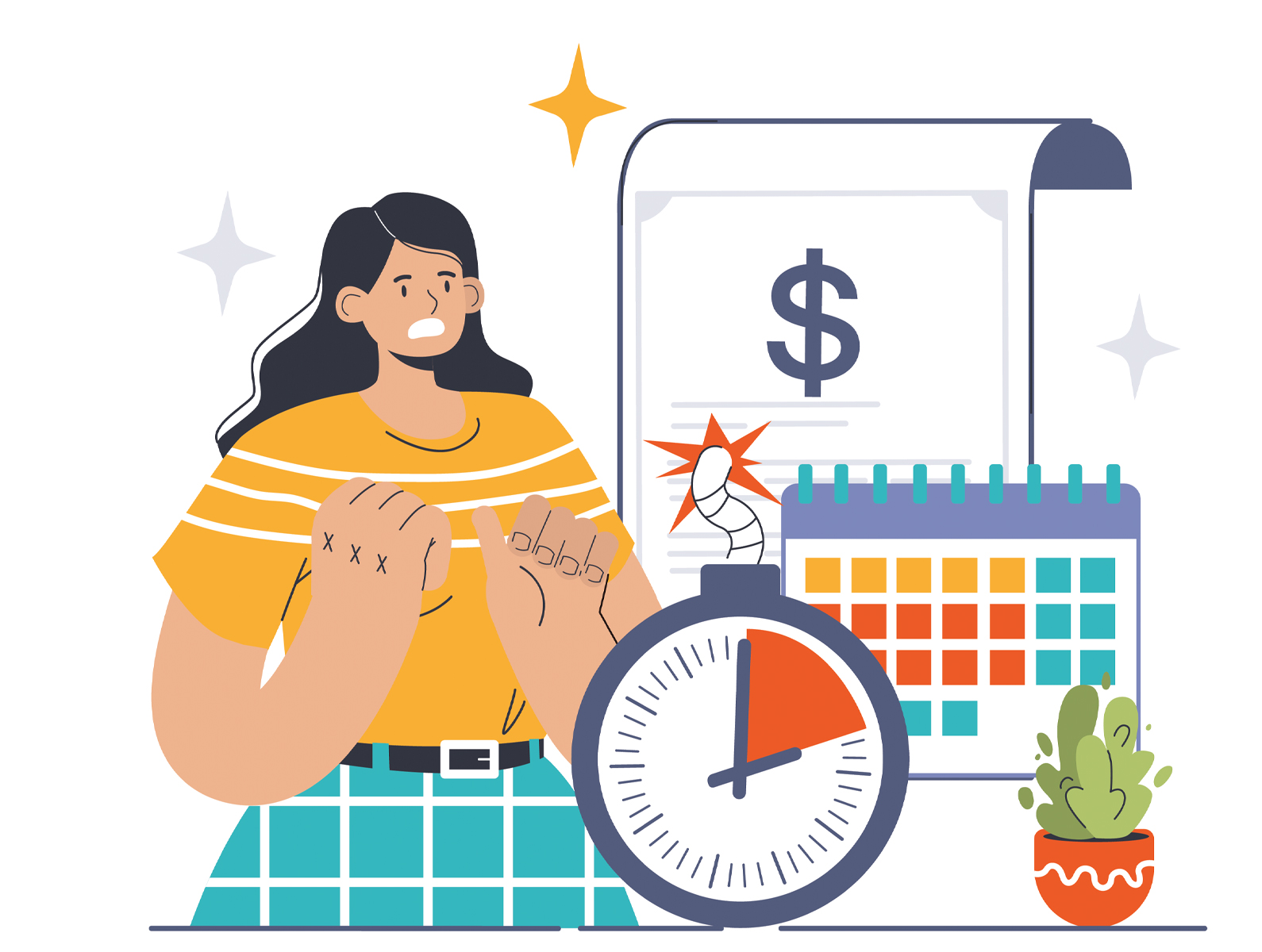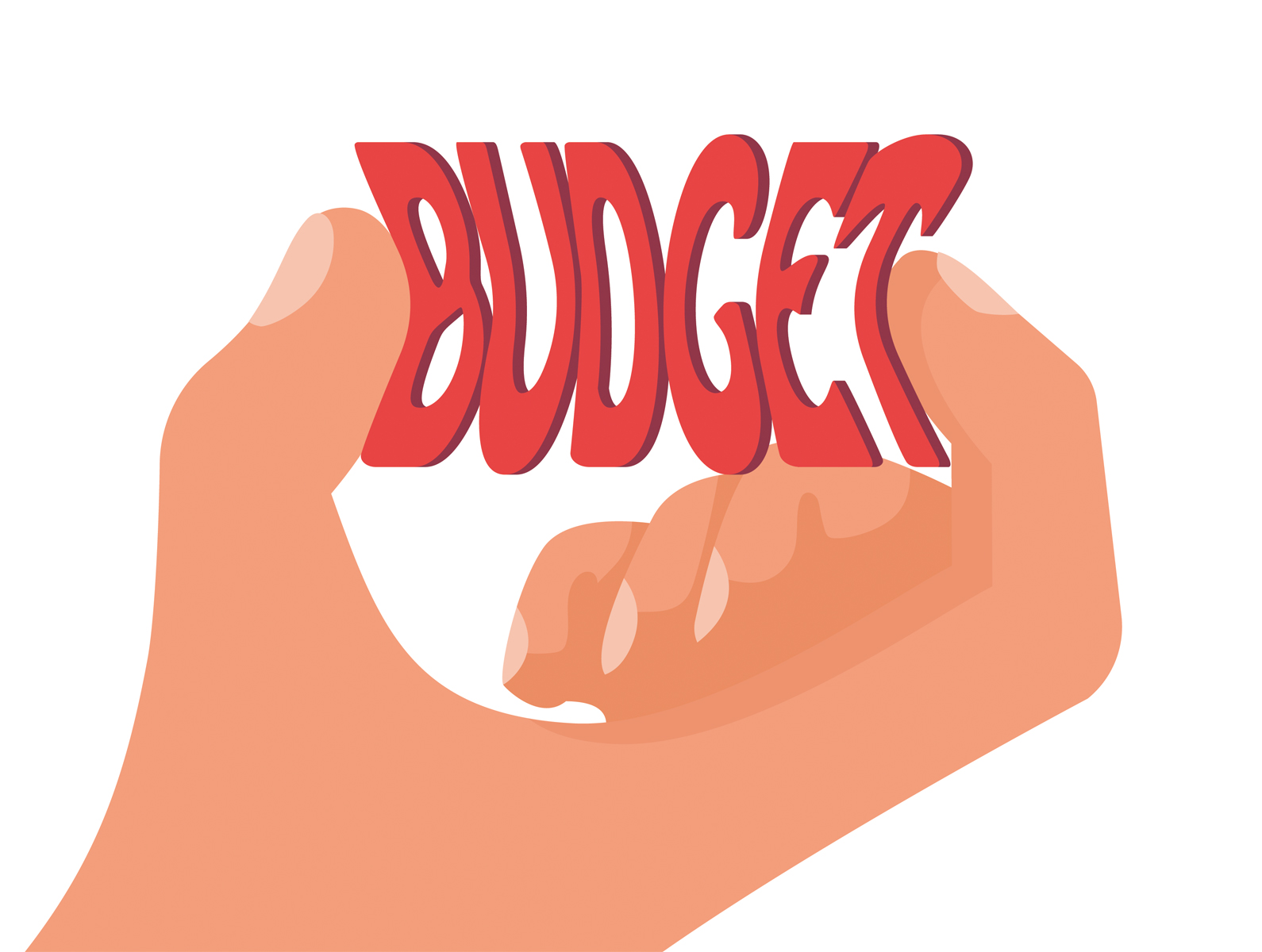Loans With No Credit Score: What You Need to Know
If you’re searching for “loans no credit score”, you’re usually looking for a loan when you have little or no credit history. This can apply if you’re new to borrowing, recently moved to New Zealand, or haven’t used credit for a long time.
Not having a credit score is different from having bad credit. It simply means there isn’t enough recent information on your credit file for lenders to calculate a score.
Keep reading to learn more about why credit scores are important and how to build one if you don’t have a credit score.
Quick Summary: Loans With No Credit Score
You can still get a loan without a credit score
No credit score is different from bad credit
Affordability and income matter more than past borrowing
Credit checks are still part of responsible lending
On-time repayments can help build your credit history
Why credit scores matter
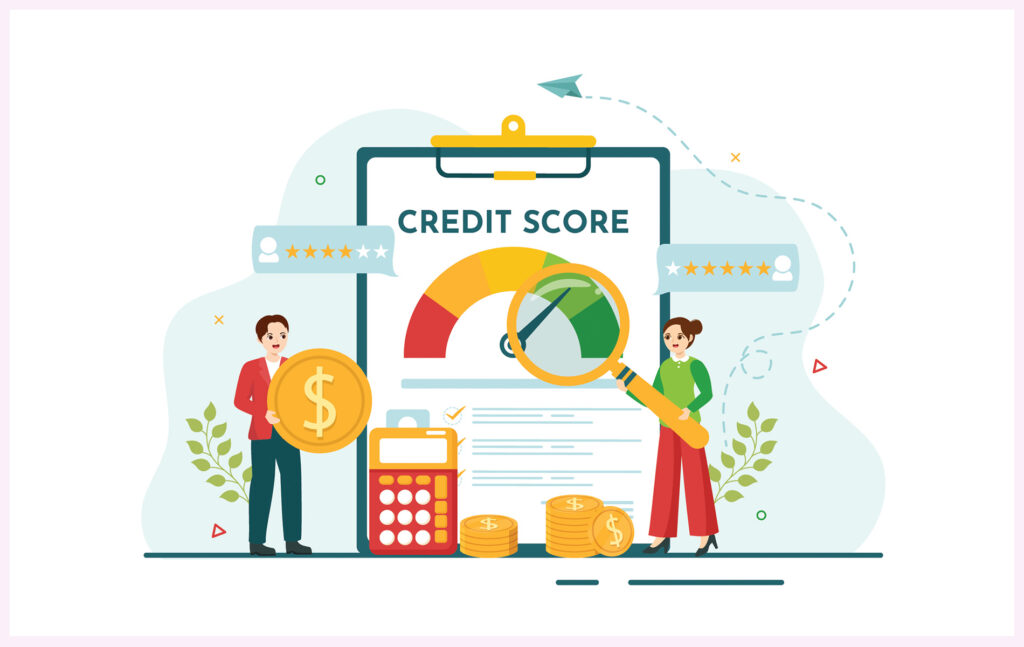
Credit scores are an essential part of the lending process because they provide lenders with valuable information about a borrower’s financial history and behaviour.
They take into account factors such as your payment history, the amount of debt you have, the length of your credit history, and the types of credit you’ve utilised.
When you make a loan application, the lender will do credit checks to find out more about your ability to pay back the loan.
But how do you actually get a credit score?

When you first apply for credit of any kind, or when a person or company runs a credit check on you, a credit file will be created for you.
Reasons why someone might run a credit check on you include renting a property, getting a job, or signing up for a phone plan.
Every time you apply for a loan or line of credit, that also gets recorded on your credit file, even if you don’t actually take out the loan. It’s important to keep this in mind because if you make too many loan applications in a short period of time, it can negatively affect your credit score.
The importance of credit scores in the loan approval process
Having a good credit score can make it easier for you to get a personal loan and get better interest rates. Lenders use credit scores to assess the level of risk involved in lending money to an individual. A higher credit score usually means a lower risk for the lender, while a lower credit score may indicate a higher risk.
How Credit Scores Impact Loan Terms and Interest Rates
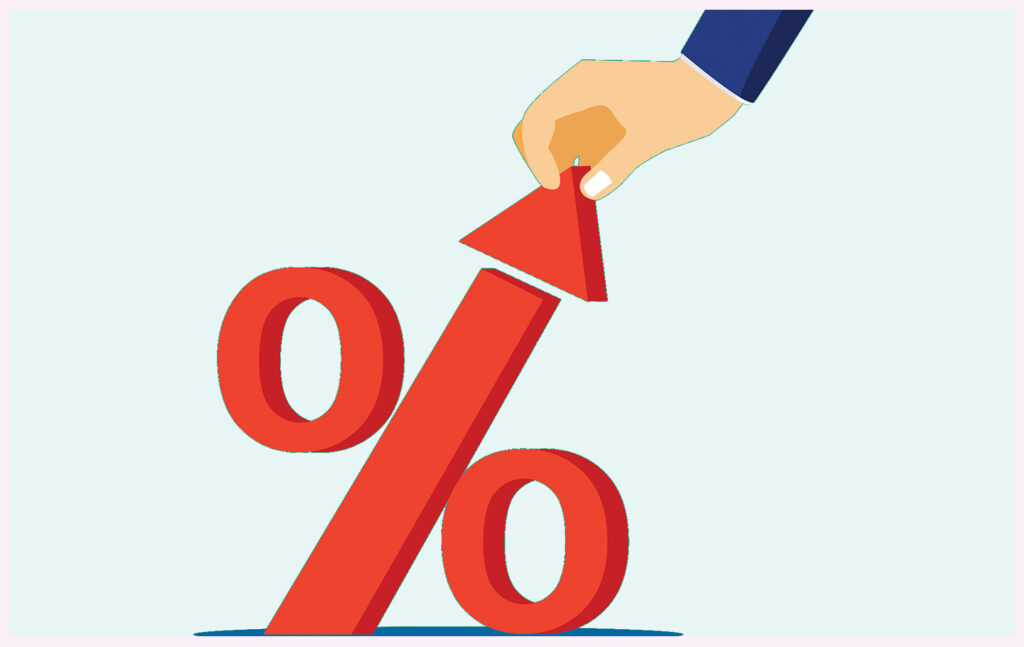
Your credit score plays a significant role in determining how much your loan will cost. The two things that influence how much your repayments will be are the loan term and the interest rate.
Loan term
This is how long your loan is taken out for. The longer the loan period, the less the weekly repayments. At Loansmart, we provide loans over periods from 6 months to 84 months. We use the loan term to make loans more affordable. For example, if you want to borrow $2,000 over a 1-year term, your loan payments will be about $175 per month (at a 9.95% interest rate). However, if you take that same loan out over a 2 year period, it will cost just $92 per month.
Interest rates
If you have a high credit score, you can usually get a better interest rate. This is because a higher credit score demonstrates responsible financial behaviour and a lower likelihood of default, meaning you are unable to make your repayments. Loansmart’s interest rates start from 9.95%. Interest is calculated annually, commonly referred to as APR (Annual Percentage Rate).
Why Don't I Have a Credit Score?

If you don’t have a credit score, there are several reasons why this might be the case. If you’re young, it’s likely you won’t have a credit score because you haven’t had the opportunity to obtain credit yet. You usually have to be 18 years or older to obtain credit in New Zealand.
Another reason you might not have a credit score is if you haven’t obtained credit in a while. In New Zealand, most information is removed from your credit report after five years, so if you’ve paid off a loan but haven’t used any other credit lines for a few years, you might lose your credit score.
Building credit without a credit score
If you don’t have a credit score but you want to build one, there are several ways you can do this.
Utility bills
Anyone who has an account with a utility provider – such as power or water – has a line of credit. This is because in New Zealand, power and water generally are not prepaid. Utility bills are usually postpaid, meaning you pay for the previous month’s use. Taking out a utility bill in your name is one way to start building credit, but make sure you make payments on time, otherwise, your credit score will go down and you might find it hard to obtain further lines of credit.
Monthly phone plans
Another way to start building your credit score is to get a phone plan. This is different from a prepaid phone service, where you pay for it before you use it. A postpaid plan – often called a Pay Monthly plan – is when you pay for a set amount of data, minutes and texts each month. Just like with the utility bills, you get a line of credit to use this service, thereby helping you build your credit score.
Credit cards
Taking out a credit card with your bank is another great way to start building your credit score. However, credit cards can be risky business if you’re new to credit, and you need to be very disciplined to avoid getting into a debt spiral.
A credit card allows you to easily buy things you don’t actually have the cash for. The bank essentially lends you that money the instant you pay for something, and you have to pay that back. The problem is that interest rates on credit cards are relatively high – usually about 19.95%. If you pay your credit card bill on time each month, it won’t cost you anything. But if you have a few big purchases and fall behind on your payments, that debt can quickly mount up. If you miss payments, your credit score will drop.
Can I Get a Loan With No Credit Score?
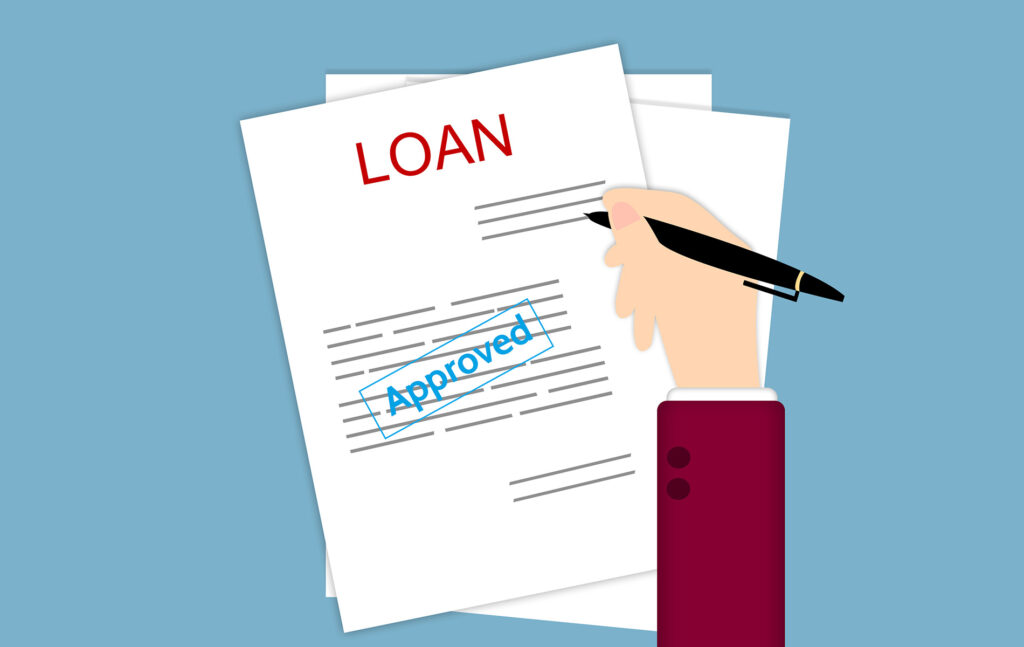
Yes! Even if you have no credit score, or your credit file doesn’t have much information, there are still ways to get a loan.
When you apply for a loan through Loansmart, we consider more than just your credit file. Our team will have a look at your last three months of bank statements to see if you can afford to borrow money.
We want to see you achieve financial success, so we’ll make sure you can afford the monthly payments.
If your conduct is good – which basically means you earn more than you spend – your chances of approval will increase. Having a regular income with enough wriggle room that you could deal with any unexpected expenses is important.
Loansmart says yes more often, and we believe things like having no credit score – or even a bad credit score – shouldn’t exclude you from getting a loan.
We’re all about finding solutions and making the process super easy for you. We jump through all the hoops so you don’t have to!
All you have to do is fill out our simple 3-minute online loan application form and we’ll be in touch to get some more information from you.
With Loansmart, there’s no waiting around. Most of our loans are approved within 1-2 hours! *
Our 100% online process means there’s no pesky forms to fill out and no appointments required. We’ll give you loan options so you can get a deal that suits you.
We provide fast cash loans and affordable personal loans on favourable repayment terms without the hassle.
*Subject to responsible lending criteria
FAQs
Yes! Loansmart specialises in providing bad credit loans for people with poor credit history. Having a bad credit history isn’t a deal breaker for us, we work fast to find solutions no matter what your financial situation is. Check out our ultimate guide on improving your credit score.
To improve your credit score, ensure you make any loan repayments on time, and avoid making any late payments on utility bills, such as internet, phone or power.
In New Zealand, responsible lenders must make checks to ensure you can afford to borrow money. There’s no such thing as a no credit check loan, but don’t let this put you off – if you have bad credit, or no credit score, Loansmart will help you find a solution.
No. When you make a loan application with Loansmart, we consider much more than just your credit file: we look at your income, your ability to make loan repayments, your financial history, and your current financial situation. If you have a poor credit score, we can usually find a positive outcome*.
Yes. We will ask you to provide us access to your last three months’ bank statements when you apply for a loan through Loansmart.
Yes. Loansmart considers employment status and employment history when we make lending decisions.
The amount you can borrow depends on several things, like your financial history, current level of debt, and your income. Loansmart lends up to $75,000 unsecured, but your credit limit will depend on your individual circumstances. If you have no credit score, you may require a secured loan.
*Subject to responsible lending practices


